Materials documenting activities of the Catholic Church in Mexico from 1580-1890, including original official documents and transcripts.
Catholic Church in Mexico Collection (Primary Sources)
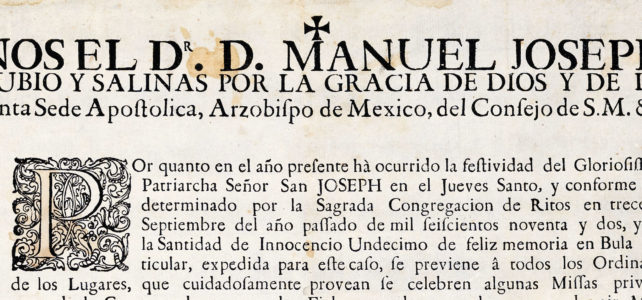


Materials documenting activities of the Catholic Church in Mexico from 1580-1890, including original official documents and transcripts.
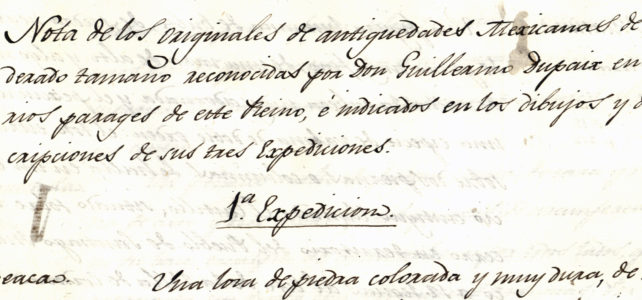
Personal archives of Guillermo Dupaix, military captain and pioneer archaeologist, including correspondence, literary productions, and official documents concerning his archaeological expeditions in Mexico.
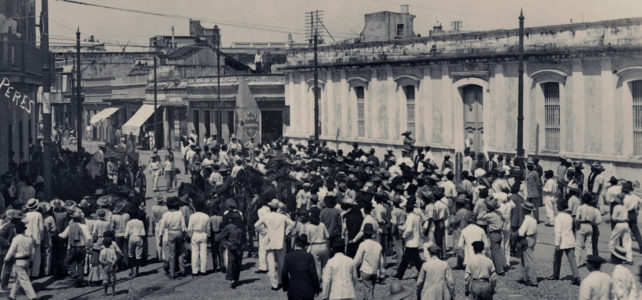
Photographs and other images, mostly from the 19th century, of people and scenes in Mexico.
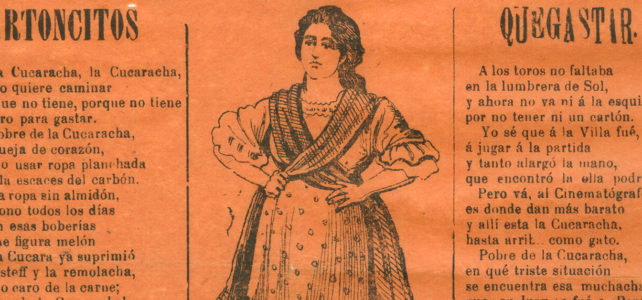
Printed ephemera , some of which are illustrated, mostly discussing topics related to the Mexican Revolution.
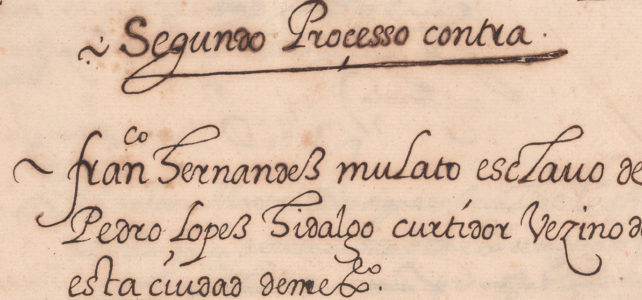
Manuscripts and printed material related to the history of Mexico and southwestern United States (California, New Mexico, and Texas) before 1836. collected by geologist William B. Stephens.
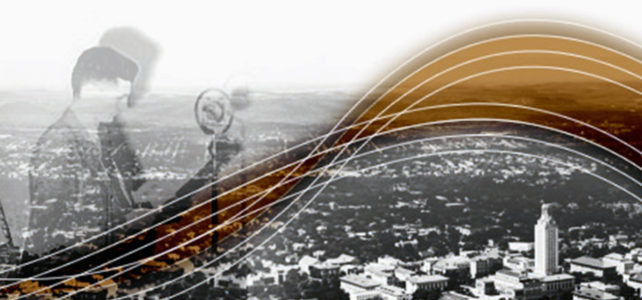
This collection consists of 226 digitally preserved audio programs including interviews, music, and informational programs related to the Mexican American community and their concerns from the radio series “The Mexican American Experience” and “A esta hora conversamos” the Longhorn Radio Network, 1976-1982.
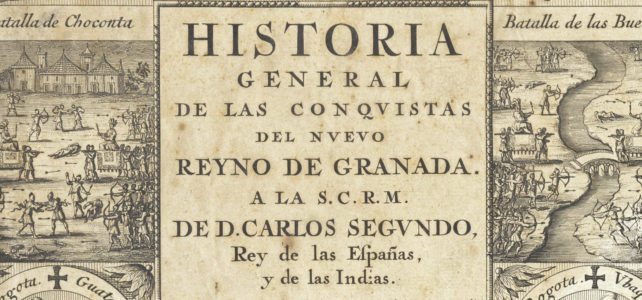
Digitized books in the Benson’s Rare Book Collection encompassing a wide variety of topics relating to Spanish and Latin America, including literature, histories, travel accounts, and secondary sources.
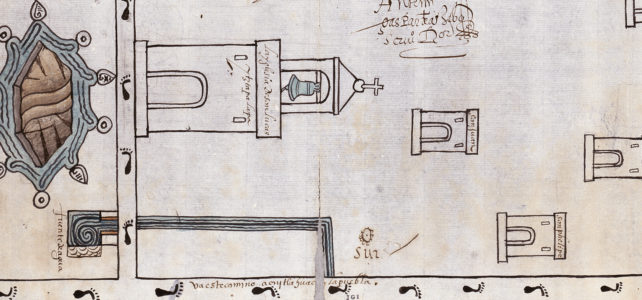
Original manuscripts and maps created in response to the first survey of New Spain mandated by King Philip II. They include historical, cultural, and geographical information about the region in the 16th century.
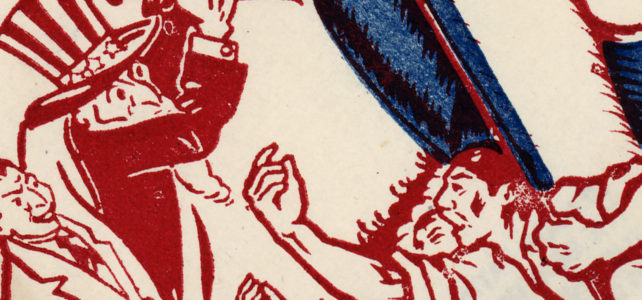
Ephemeral publications collected by Guatemalan bibliophile Arturo Taracena Flores. Most of the publications are “street literature” intended to be read or distributed widely and/or posted in public places, representing a broad range of organizations and interest groups.
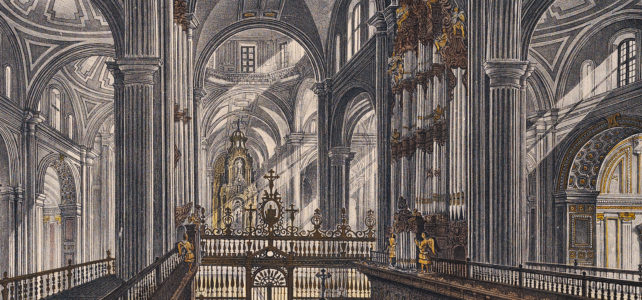
Graphic documents acquired by Genaro García, Mexican historian, educator, lawyer, politician, and bibliophile, relating primarily to the history, politics, and culture of Mexico.